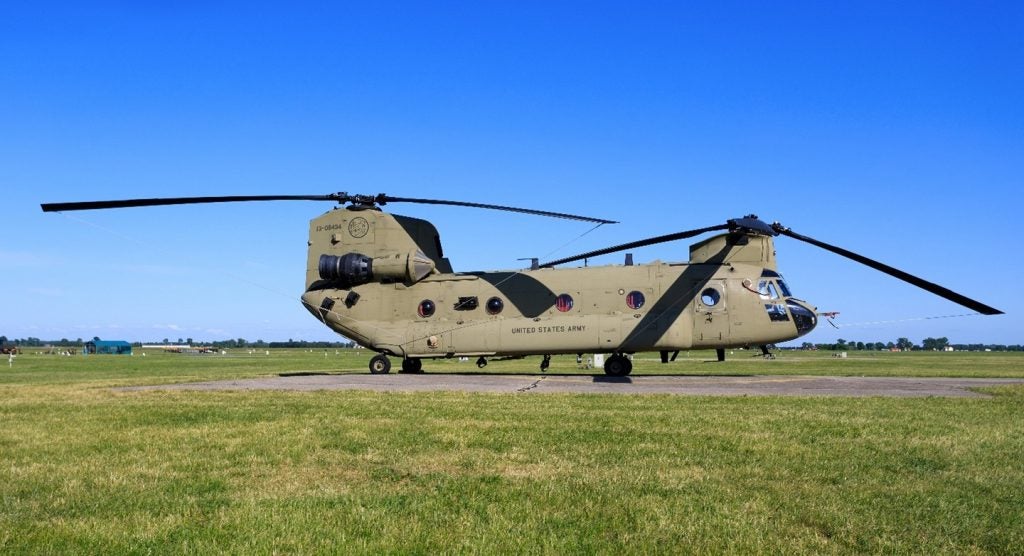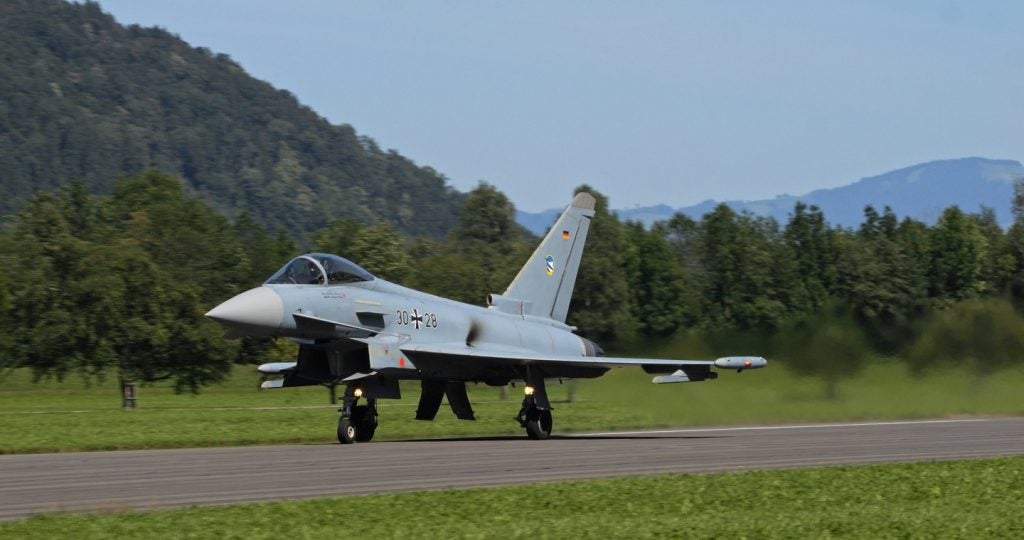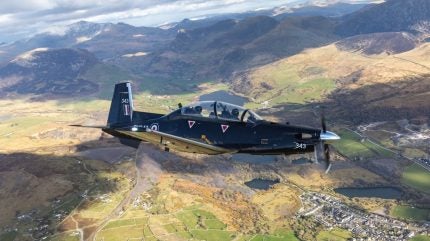
The UK Royal Air Force (RAF) have tried to overcome enduring availability issues in the Military Flying Training System (MFTS) over the last few years, particularly with the Hawk T2 trainer, and it is well known that this has had a considerable impact on pilot training times.
However, unlike the Ministry of Defence (MoD), UK industry have been quicker to deliver on their part – even after global supply chains were shaken and in keeping up with evolving technologies and the complexity of next-generation fighters.
In an exclusive interview, Iain Chalmers, the managing director of Affinity Flying Training Services, a long-time UK industrial supplier and small enterprise, gave a sense of the background to this changing landscape when speaking to Airforce Technology.
Affinity supports three trainer aircraft within the MFTS: the Grob Prefect 120TP, Embraer Phenom 100 and the Beechcraft Texan T-6C.
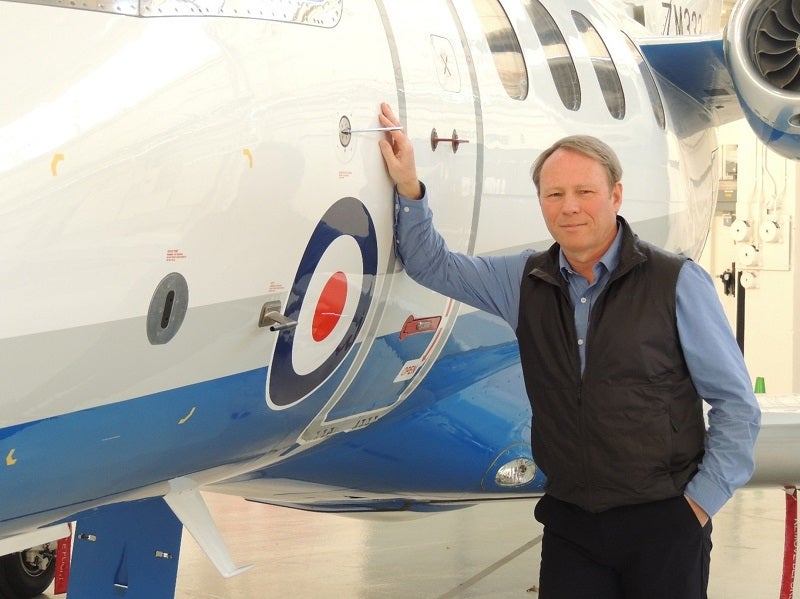
John Hill (JH): What aspects must you consider when delivering the UK’s MFTS?
Iain Chalmers (IC): New kinds of data management and information management equipment will be in [our planes], which if you reflect on where these students [are] going to end up in – Atlas, F-35, Typhoon – most of those aircraft are not about flying an aeroplane physically as it used to be 30 years ago. It’s all about data and information management and good decision-making.
So we can see the potential of the aircraft that we bought, to be used by Ascent Flight Training and the MoD, to help students not only learn how to fly an aeroplane and become air-aware, but also how to use information to make good decisions as well.
How well do you really know your competitors?
Access the most comprehensive Company Profiles on the market, powered by GlobalData. Save hours of research. Gain competitive edge.

Thank you!
Your download email will arrive shortly
Not ready to buy yet? Download a free sample
We are confident about the unique quality of our Company Profiles. However, we want you to make the most beneficial decision for your business, so we offer a free sample that you can download by submitting the below form
By GlobalDataSo we use up flight data, first of all, to validate that the aircraft are being used in the way that was envisaged. Secondly, to then use it to decide whether there would likely be any surprises. What we hope will happen is [that] the data [will] tell us the aircraft can be used for longer and longer than we anticipated. So that’s our role with data, data is important to us.
JH: How do you cope as an SME compared to larger primes when dealing with the UK MoD?
IC: At the moment all we do is focus on MFTS. I don’t have anything else to distract me. We built the organisation from the bottom up just to focus on MFTS.
Everyone has been brought in here primarily to deal with the the issues that the client has very, very specifically [given us]: how many people do they need on the line? How long is it going to take to start the aircraft up? How can we tweak our processes and procedures to allow them to fly the aircraft more every day? We live and die on our performance.
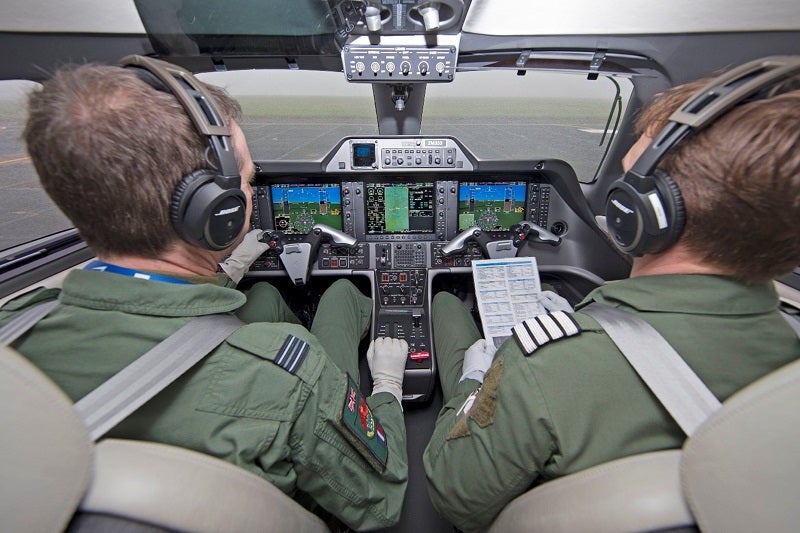
I’m unencumbered with other corporate issues and that’s going to be critical. The corporates have a way of doing their business, which is what they sell, we only have one way of doing business which is firmly focused on our MoD and Ascent Flight Training clients.
I’ll be honest with you, we went through a steep learning curve at RAF Valley, because we [were] underestimated in the bid process.
If you consider that we are running this really quite old system of civil aircraft on the military register, getting the balance right, between meeting our civil requirements, and also what the cost the customer needed and that delta between civil [and] military. I [don’t think it was] easy to work our way through for the first few years. I think we’re all over it now.
JH: Has Affinity had any challenges with its supply chains? And how are you adapting to the pressure?
IC: So far, so good, we’ve been pretty lucky. We work with our supply chain to try and forecast out to 2033 at the moment, so nine years ahead. We know pretty much what’s happening in terms of base maintenance and the like, and therefore what the runners and repeaters are likely to be.
Surprisingly, sometimes you do come across something that suddenly has got a nine month lead time and you go, ‘well, what can you do about that?’. OEMs are finding the same as well. You then go into where they get some of the components made, really small organisations, and some of them just didn’t get through COVID at all and they’re still trying to work their way out.
I think the other thing we’ve tried to do as much as we can is diversify our supply chain, so that we’re not depending on one supplier or particular components as much as we can.
Some of that is driven by what the OEMs [original equipment manufacturers] have as propriety. But for both the boring things: screws, fixes, that sort of stuff, is making sure we’ve got a broad supply chain. Also, that we have a number of partnerships with people who operate some of the same type of aircraft and the same type of skills so that if we’re short, they can support us.
JH: Sourcing engineering experts across the UK workforce is becoming more difficult. Are you facing any workforce challenges right now in delivering MFTS?
IC: I don’t have any holes in the business at the moment but it is an absolute issue for us.
We can see the civil market start to grow again post-Covid, a lot of recruitment happening in Manchester, Liverpool, Gatwick, in particular, and they’re offering very generous packages for licensed air engineers compared to public sector wages.
If you consider for example, we would ask civil and licensed engineers to come in to engineer a Texan, it doesn’t really compute then to go back to a [Boeing] 787, does it?
First of all, we try to make sure that what we offer people to come here is good in the round rather than just good from a money point of view, because I can’t compete with British Aerospace and easyJet if we want to recruit people, but we do offer something quite different.
It’s a small organisation, it’s very personable, people have responsibility for what they do, and they can see the direct output. So first of all, the whole culture of the business is quite important. [It’s about] making sure that we look after our own people and demonstrate to them, there is a clear path for them through the organisation to become a licensed engineer, if that’s what they want.



